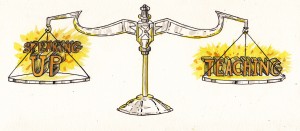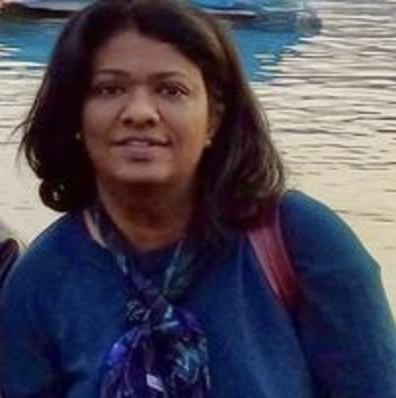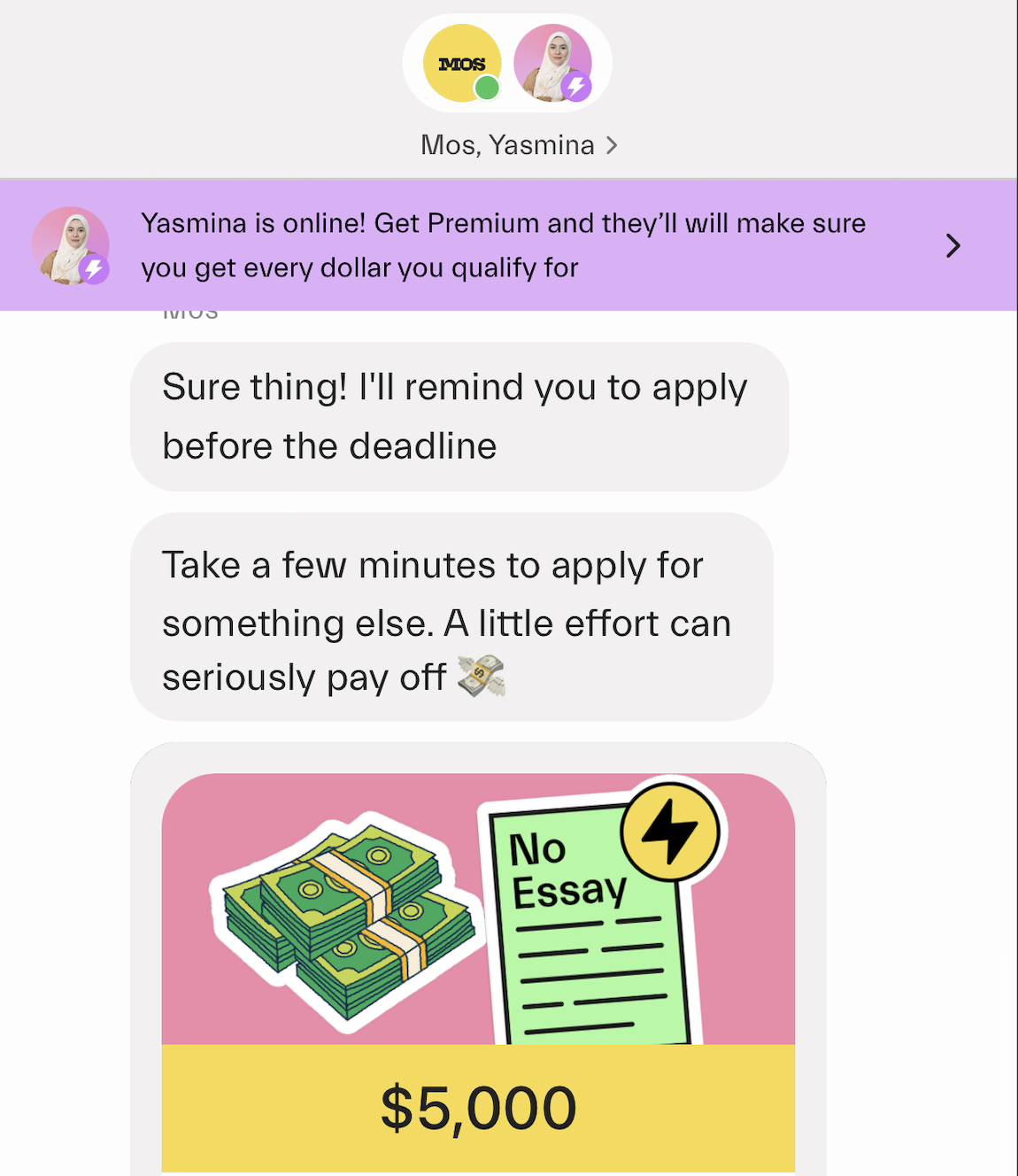Campus ‘climate of fear’ expressed at president’s forum
By: Kavahn Mansouri
-Editor in Chief-

On Oct. 24, Meramec President George Wasson held a president’s forum in the wake of the board of trustees meeting where STLCC employees stated their frustration from the Professional Development day and other “grievances” from the college.
Wasson fielded questions ranging from the Professional Development day to Meramec operating under a “climate of fear.” Attendees were given a chance to express their concerns in a concentrated environment.
Wasson assured the forum’s attendees that he does hear their pleas and understands that the college is facing a problem with “conflicting cultures.”
“I want to let you know that I am listening; I do hear you. I think that that’s a big part – we have a strong culture,” Wasson said. “What I’m hearing is that the collegiate culture isn’t being respected on this campus.”
Being “released” from the college should not be something employees are worrying about,” Wasson said.
“I’ve never seen someone released from the college for speaking up,” Wasson said. “I have spoken up quite often, but I think you would also see that I have been careful in how I’ve said things and tried to make sure that what I’ve tried to get across doesn’t get lost.”
“Climate of Fear”
Professor Sandy Brady was among the attendees of the event. Brady said the “climate of fear” at STLCC is a very real thing.
“What is the work environment like if your colleagues are saying ‘you don’t want to talk in a public forum, you don’t want to say anything at this forum or at the board of trustees or get your name in The Montage and your quote.’ Why? Because what’s going to happen? What kind of environment is that?” Brady said.
Wasson addressed the subject of speaking up about problems at the college and assured attendees that there would be no reprimands for speaking out against the change at STLCC.
“I think speaking up in public forums has always been something that has been done here in the college. I think that it’s different if you’re speaking about an event or something, I think it’s different if you’re speaking about a person and I think that becomes a line that is difficult to cross,” Wasson said.
Wasson also defended Chancellor Myrtle Dorsey’s statement that the Professional Development day was not “unanimously negative.”
“There are people who have spoken to the chancellor and people have spoken to me,” Wasson said. “Those who feel strongest and feel most negative are usually the one who respond. There’s others who didn’t have that experience.”
Wasson stressed that faculty and staff should trust the college to follow the policies and procedures that protect their jobs.
“I think as far as if anyone is vulnerable, it’s me. I serve, basically, at the will of the board and the chancellor,” Wasson said. “I don’t have the same policies and procedures that the staff has; I don’t have the faculty’s protections I gave up when I became an administrator. But I trust the college.”
Wasson added that he believes in the college’s way of doing things.
“I do believe in our policies and our procedures,” Wasson said. “Sometimes people will say I believe in them too much.”
The recent problems the college has had have been a “distraction” from the main goal of STLCC Wasson said.
“I want people to be happy to come to work. I’ve always said that and felt that way,” Wasson said. “I think these things distract us from what we do. We’re not thinking about teaching, learning… we’re thinking about other things and I think that it is a terrible distraction and I’d like to see that taken care of.”
Wasson added the forum was one way that administration is trying to improve communication.
“I think communications have to be changed for us to understand what’s going on,” Wasson said. “We’re starting here.”
Wasson said he hopes the next time he holds a forum that some of the problems STLCC is facing will have been addressed.
“I hope next time we meet it will not be the same. Hopefully, we can say that we haven’t cured all of our ales but we’ve made progress,” Wasson said.
“The Tipping Point”
Junior College Division President of the National Educators Association and Meramec Professor Doug Hurst helped host an off campus NEA meeting for faculty members of STLCC to discuss concerns.
“We set aside that day for feedback purposes, for a while now we had wanted to have an all faculty meeting to discuss general issues. It seemed that the Professional Development day was that tipping point that drove us there,” Hurst said. “We made available a survey for all faculty.”
Before the faculty takes its next step it is important to try to find a solution Hurst said.
“There’s so many issues that we have been dealing with that have kind of built up; it kind of pushed up over the tipping point,” Hurst said. “Before you’d make any kind of move in terms of asking for votes of no confidence we have to make sure we’ve identified those issues and make sure that that would be the last step.”
Hurst said the meeting was a way for the faculty as a whole to figure out what the problems were at the college and also distribute a survey to collect feedback on the Professional Development day.
“The idea was to have the meeting, get the comments, chart and see what those are, present them to faculty and administration and say at the board meetings ‘here’s what we found out through our feedback.’ There are problems and there are issues and we need to address those, let’s find out what they are first and get as much feedback as we can,” Hurst said.
Although the college itself provided employees evaluations for the day, the NEA provided its own survey to collect feedback from faculty members. Hurst cited this decision based on some faculty members questioning the confidentiality of the surveys.
Hurst said he does not blame faculty for being leery of the evaluation sent out by the school.
“I met with the chancellor last week and she once again said that [the survey] is confidential and I believe her in that sense. However, people still don’t feel comfortable with that,” Hurst said. “We want faculty to be able to express themselves.”
Hurst added the NEA would go public with their results at the Nov. 15 board of trustees meeting to present their results. Based on the results, the faculty will decide where to go next.
“People are always leery of an evaluation, especially an electronic evaluation and I’m not saying there’s any conspiracy there but people are always concerned about that so that’s why we wanted to make one public that we know people could do that would be totally confidential,” Hurst said.
Although faculty has protection from retaliation, Hurst said the perception of fear is real at STLCC.
“Unfortunately, perception is reality; people perceive that there could be retaliation so I guess it is something that is real,” Hurst said. “The faculty has protection in place but there are ways that retribution can be done. I think that fear is there.”
Hurst added staff members do not share the same protections that faculty receive, resulting in staff biting their tongues about many issues at the college.
‘We’re still all in this together’
One of the fears of the faculty is that STLCC may be moving away from the innovative direction the college is currently in Hurst said.
“Like some of the faculty that expressed themselves at the board meeting, I don’t want to see what we’ve built and what we’ve moved toward damaged at all and I think that’s what I want to make sure we’re not moving toward,” Hurst said. “I’m proud of where we are; we’ve always been an innovator in this country. We do things differently and we’re here to meet the needs of students and I don’t want to see that tarnished.”
Hurst said the corporate vision of the college is not only hurting STLCC but also creates a “climate of fear.”
“Administrators go, that’s part of their culture. Faculty are the ones that stay; we’re going to still be here,” Hurst said. “It is tangible to say that we see more of a corporate mentality in terms of administration and that’s something going all over the country. I don’t like, and faculty doesn’t like, using a corporate model in education. I think that might be where that fear mentality comes from because we know in corporate America there is less protection there.”
Through all of the turmoil. Hurst said he still believes faculty, staff and administration are all still working as one to find a solution to the many issues facing the college.
“We’re still all in this together,” Hurst said.










